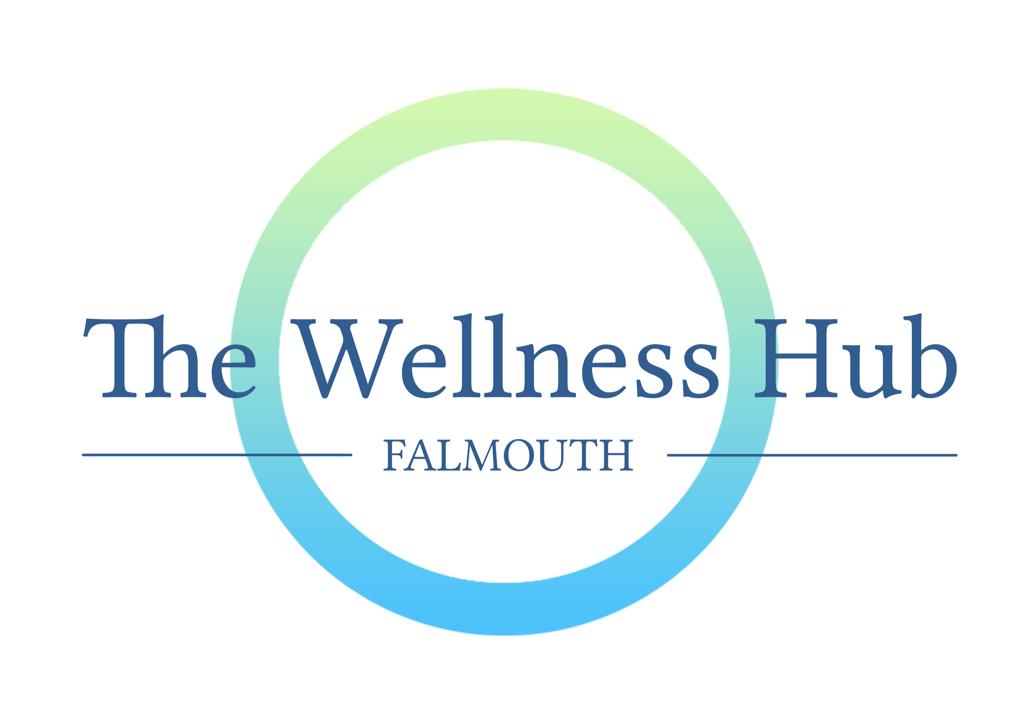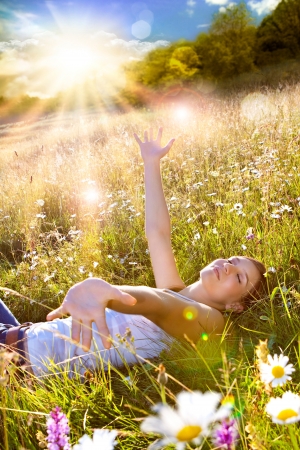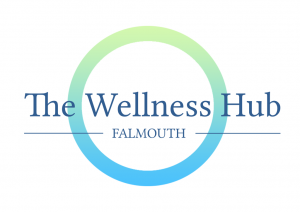Supplementing through the winter to avoid SAD
Humans evolved under the hot African sun, developing dark skin to protect from burning UV rays. We also evolved the ability to synthesise Vitamin D through the effect of UV on Cholesterol in the skin – Vitamin D is powerfully anti-inflammatory therefore protecting the skin further from the damaging effects of excessive UV on the skin.
As primitive man migrated away from the Equator, there started to be a problem with vitamin D deficiency and so lighter skin evolved.
There is currently much research surrounding Vitamin D. Receptors have been found in almost all cells in the body – this suggests it acts more like a hormone than a vitamin and is perhaps inappropriately named as such.
Vitamin or ‘vita-mone D’ protects against arthritis, osteoporosis, fractures (through it’s positive influence on muscle strength and therefore balance, preventing falls). It also protects against cancer is important for bone strength the immune system, cardiovascular health; prevention of metabolic disorders (diabetes for example), and psychological wellbeing.
Vitamin D is rare in food; some of the best sources are organic oily fish (cod liver oil), eggs and milk but even eating the above named foods as part of a balanced diet will not provide enough Vitamin D.
Our main source is from the sun. However, synthesis of vitamin D depends on latitude, season and time of day – the technical term is the solar zenith angle!
In the UK the angle of the sun to the earth means that between October and April, at no point in the day is the sun ‘strong’ enough for Vitamin D synthesis. This is where your shadow comes in – even if it is a bright sunny winter day you will notice that your shadow is longer than you – only when it is shorter is your body able to make Vitamin D. Therefore it is strongly advised to supplement Vitamin D over the winter.
The current RDI (recommended daily intake) is 600 IU per day between the ages of 1 and 70, 800 IU for over 70 year olds and up to 1000 IU per day for infants and deficiency or deficiency related disorders.
For any question contact Lily on 01326 212112


